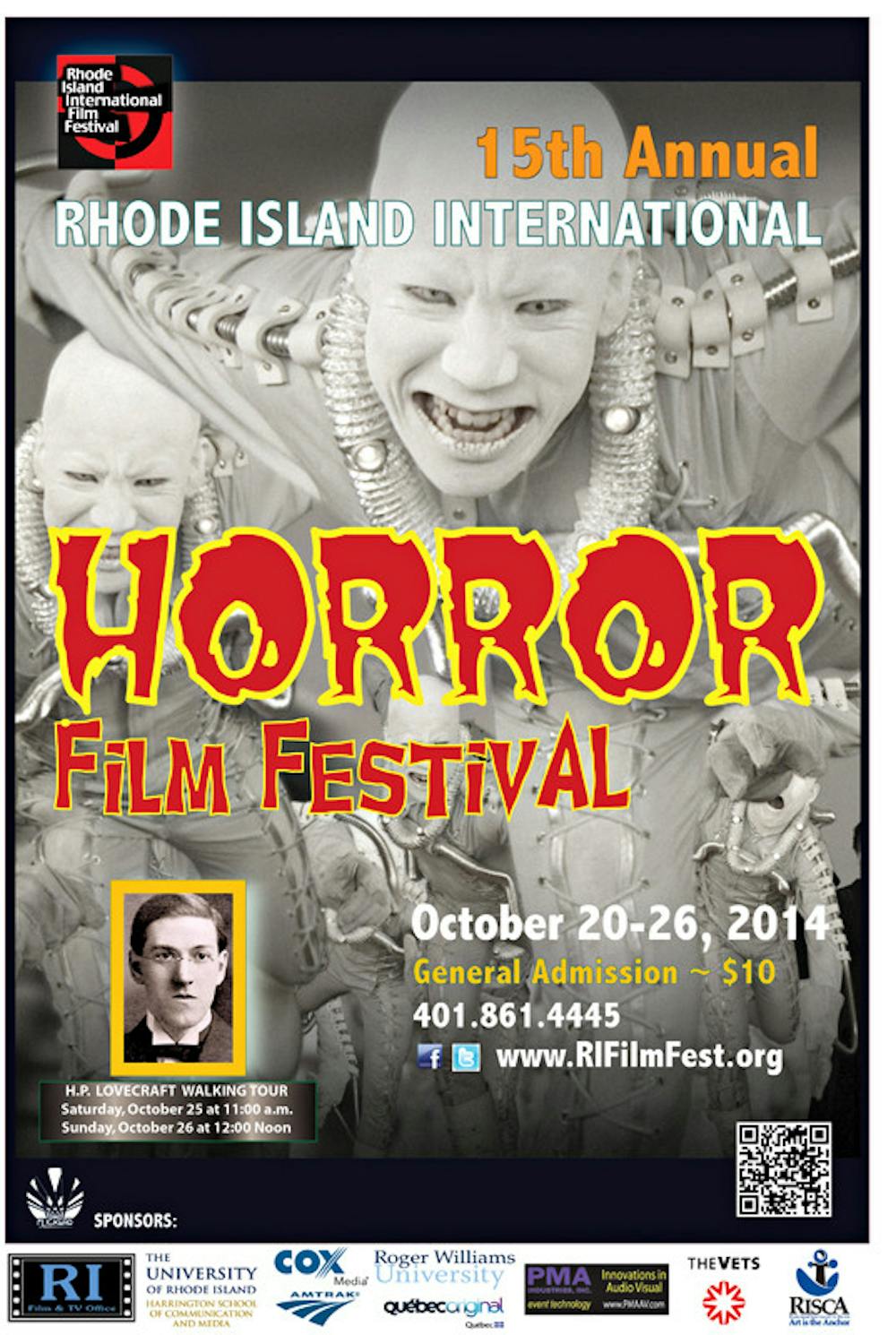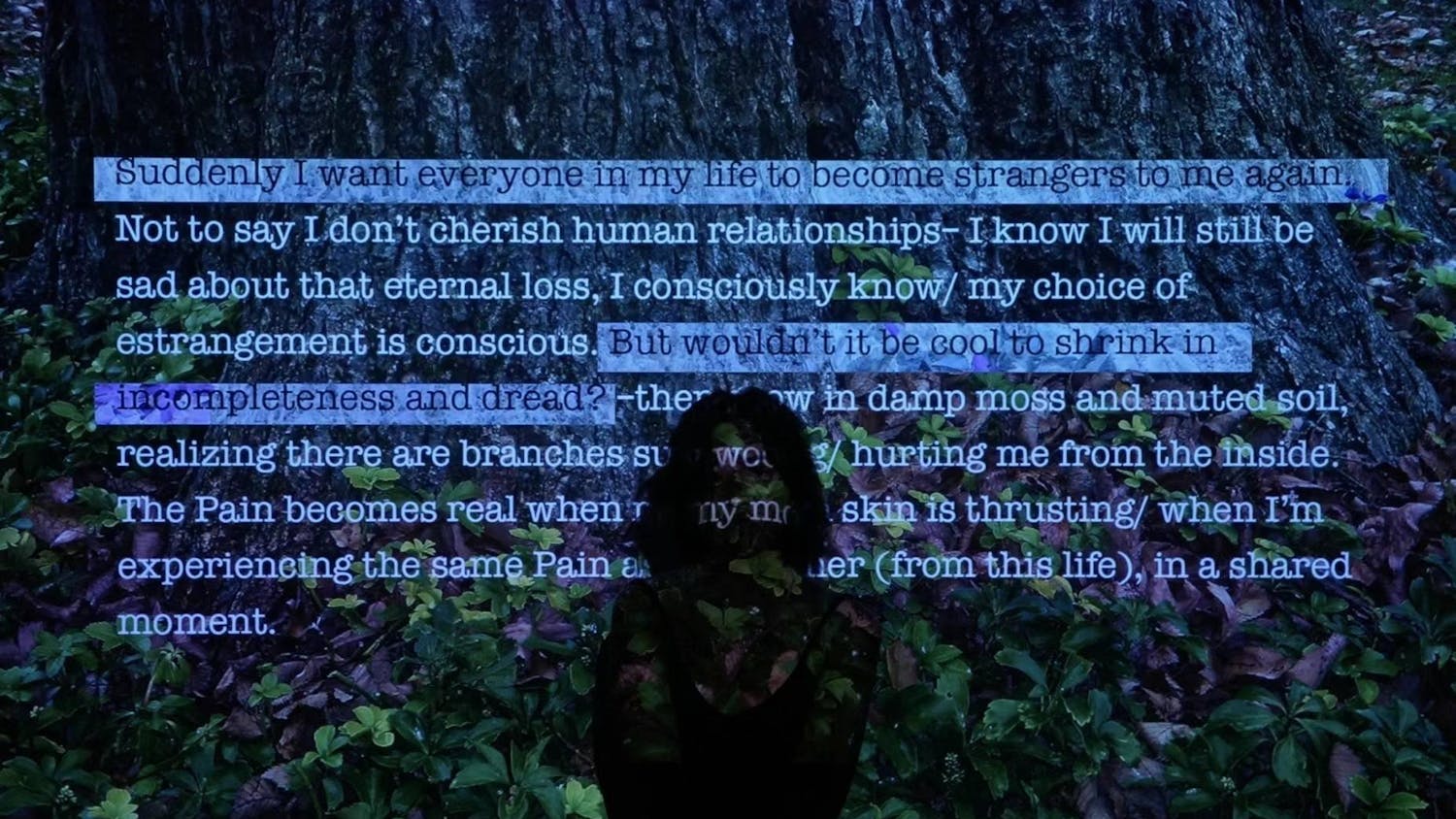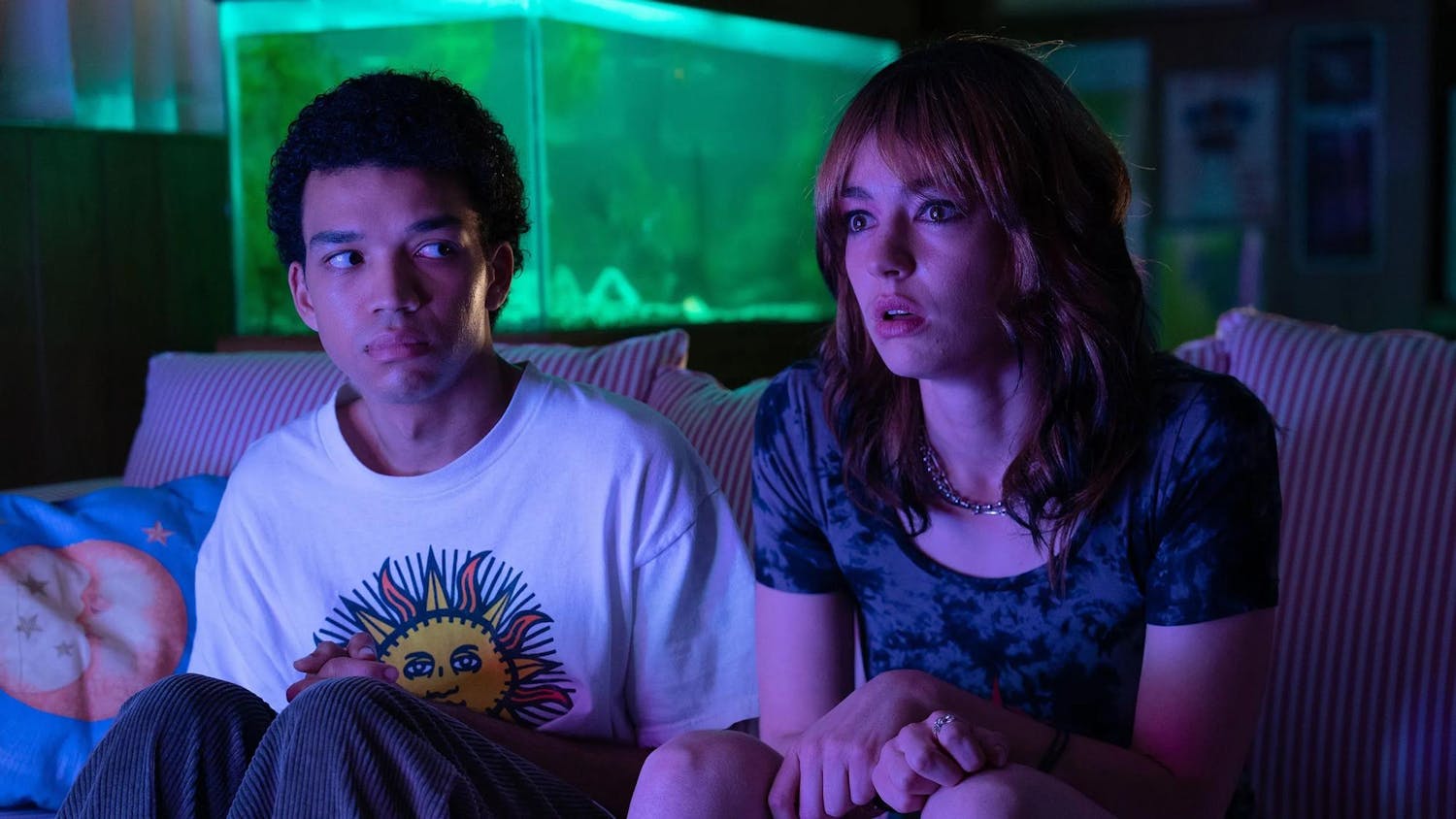Parking his carriage in a suburban driveway, a vampire crashes a family’s Christmas celebration with hilarious results. At the peak of the Cold War, the decades-old secrets a farmer thought he had buried along with the evidence of a UFO crash landing site resurface. These are just some of the plot twists in store for viewers at “Flickers: Rhode Island International Horror Film Festival,” which opened its 15th season Monday. The festival will run through Oct. 26, is slated to screen 69 films from 19 countries and will also include childrens’ films, walking tours and forums, according to the festival’s website.
“It was originally an offshoot from the (Rhode Island International Film Festival), and it was created by one of our interns because he was an avid horror fan, so he took it upon himself to create a separate festival,” said Shawn Quirk, programming director for the Rhode Island International Film Festival.
Quirk said he looks for unconventional horror films that “play with the genre a bit,” adding that he also chooses films with expressed “director’s intent.”
In “The Landing,” a seemingly science-fiction storyline about aliens in a rural farm setting takes an unexpected turn when “you find out three-quarters into the movie that the alien is a Soviet cosmonaut,” Quirk said, describing the film’s atypical narrative. “It ends up becoming a film about racism and American McCarthyism.” The film will be shown Oct. 24 at the Bell Street Chapel Theatre.
Quirk chose “Subterranneo,” a Spanish short film, for its experimental direction. “It plays off the classic horror genre where there’s a group of thieves that have kidnapped someone in a car garage,” he said. “The film is shot from the perspective of people who are in another car witnessing this. The people in the film are, in a way, the audience.”
“Subterranneo” — which will screen on Oct. 24 at the Paff Theatre at the University of Rhode Island’s Feinstein Providence campus — is part of an overall trend in which filmmakers break away from traditional methods used in the horror genre, Quirk said. “Filmmakers are getting much more savvy. They’re manipulating the audience and using the genre to say something else.”
One of these ways that horror films manipulate the audience is through bodily responses, said Richard Rambuss, professor of English, who taught ENGL 1762A: “Perverse Cinema” last fall.
“Horror film has designs on our bodies. It might make us want to break out in a sweat or make the hairs on the back of our neck stand up,” Rambuss said, adding that horror has the power to intensely construe the human body’s vulnerability.
“It spectacularizes the body in extreme, perverse conditions,” he said. “Certain horror films have a kind of clinical or scientific understanding of the body, particularly in extreme circumstances.”
In recent years, the festival has expanded to include science fiction and fantasy in addition to strictly horror films, Quirk said. “A lot of the films merged with the horror genre anyway. It seemed only natural that they fall under the same umbrella.”
Many horror films have moved in the direction of psychological thrillers as opposed to the traditional “slasher” films, Quirk said. “(Fewer) films are showing gore, and a lot of the action is happening off-screen,” he added, as these newer films often follow the principle that “less is more.”
The psychological focus of recent horror films allows filmmakers to “turn the camera back on the audience,” situating these films as a medium for discussing underlying social issues, he said.
“Homoeroticism, parent-child relationships and doubly-gendered bodies” are some of the larger issues filmmakers can probe through the horror genre, Rambuss said. “Horror is a very fertile, supercharged ground for thinking about sexuality and gender.”
Another of the festival’s main events is a walking tour focused on H.P. Lovecraft, a local writer whose now-famous work in horror — such as “The Call of Cthulhu” and “At the Mountains of Madness” — did not achieve recognition until after his death in 1937. The tour will be followed by a screening of short films inspired by the author’s work, Quirk said.
“A lot of people in Rhode Island don’t know about H.P. Lovecraft, so we do everything we can to promote his work and his life,” Quirk said. “It works really well with the festival so we integrate it with the films that we get.” Many of the houses Lovecraft wrote about are still standing, he added.
“The tour helps to give Providence a new dimension. There’s a lot of culture here that people forget about, and by doing the walking tour, we’re shining a light on it.”

ADVERTISEMENT




